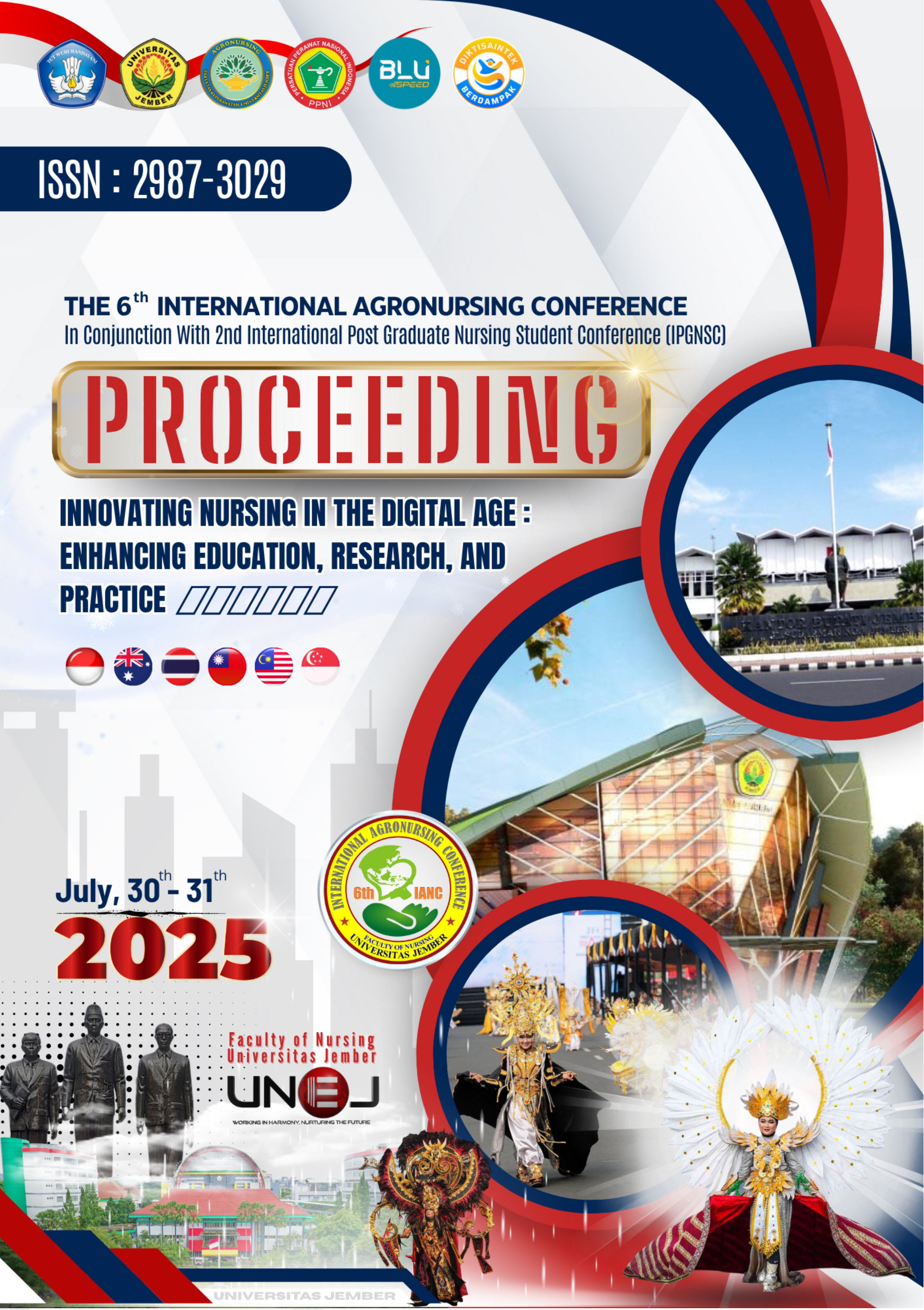UNRAVELING THE IMPACT OF SERVICE RELIABILITY ON PATIENT SATISFACTION IN HOSPITALS: A SCOPING REVIEW
Abstract
Background: Service reliability is a crucial factor that significantly influences patient satisfaction in hospitals. It encompasses the ability of hospitals to provide consistent, timely, and expectation-aligned services. This study aims to explore the impact of service reliability on patient satisfaction, emphasizing its key dimensions within the healthcare service context. Methods: This scoping review adhered to the methodological framework of the Joanna Briggs Institute (Peters et al., 2020) and the PRISMA-ScR checklist (Tricco et al., 2018), ensuring transparency and rigor. A comprehensive search was conducted across Google Scholar, ScienceDirect, ProQuest, and Wiley databases for articles published between 2019 and 2024, using keywords such as “service reliability,” “patient satisfaction,” and “hospital services.” From 827 identified records, 301 full texts were evaluated, and 16 articles were included in the final analysis based on inclusion criteria. Results:The findings suggest that higher service reliability particularly in terms of quality provider patient interactions and timely service deliveryis strongly associated with increased patient satisfaction. Nonetheless, implementation remains a challenge in resource-limited hospital settings due to infrastructural and systemic constraints. Conclusion: Service reliability plays a vital role in shaping patient satisfaction in hospitals. Strengthening hospital responsiveness and infrastructure is essential to improve patient experiences. Further studies are warranted to assess the long-term outcomes of reliable service delivery in healthcare.








